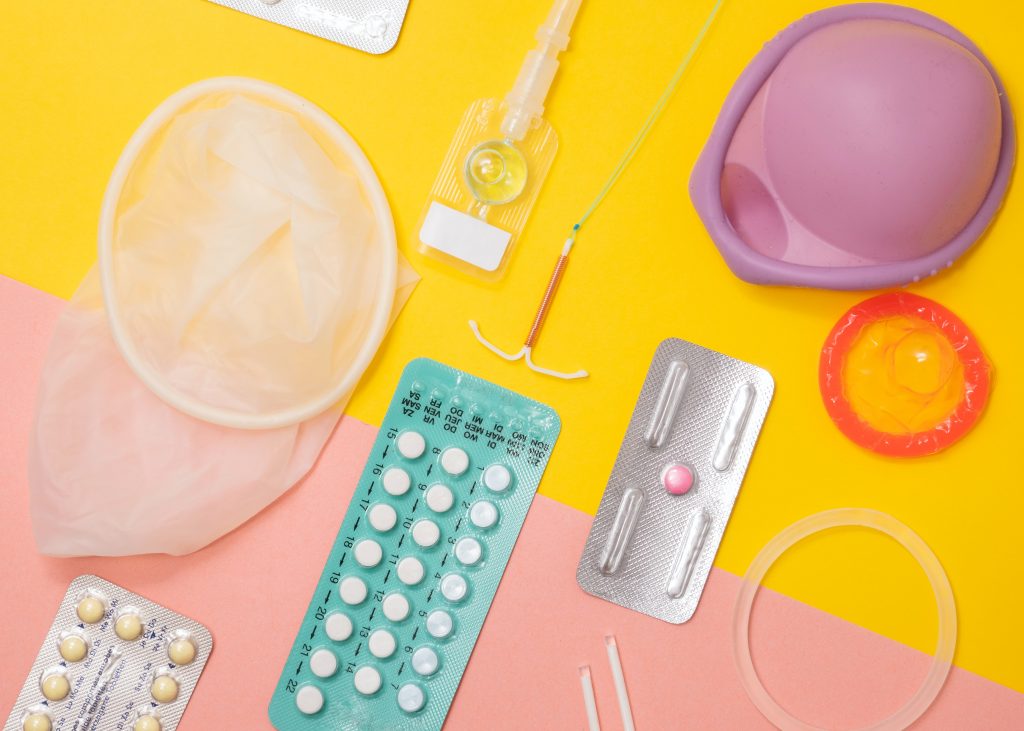Contraception side effects are the biggest contributors, after lack of access, to women choosing to opt out of contraception use. Many women talk about how dilapidating these side effects can be physically, mentally and emotionally.
While some women can opt out of birth control entirely, there are women who have to be on birth control for different reasons, like people suffering from endometriosis, for example. We have put together a guide on how you can mitigate the effects of birth control on your body.
It is always recommended to consult a doctor to identify the best method in order to avoid potential side effects. However, there are some side effects that are common to most birth control methods. Here’s how you can manage the most common contraception side effects.
One caveat to note, as you journey to manage contraception side effects: minor changes to your lifestyle can resolve the problem in a few days.
Side Effect: Nausea
You can switch to another brand of the pill or different contraceptive methods if nausea persists a long time. You can also switch to progestin-only contraceptive pills because they are unlikely to give you nausea. Simple ways of managing nausea are as follows:
- Avoid greasy, fried, and very sweet foods
- Stay hydrated
- Drink ginger tea
- Take a deep and controlled breath
- East frequent and smaller meals
Side-Effect: Heavy Blood Flow
Usually caused by the IUD is the worst offender for this side effect as the copper in it can damage the uterine lining and lead to excessive bleeding.
Possible solution: Switch to the Mirena IUD, as it helps in reducing the heavy blood flow. The reason being Mirena drastically thins the lining and causes very little to no period.
Side-Effect: Weight Gain
While most contraceptive methods do not result in weight gain, every individual has a different reaction to different medications. Progesterone is known to stimulate appetite and low oestrogen can make you feel hungry.
Possible solution: Non-hormonal IUDs can help as they have no hormones and will prevent weight gain. Mirena is another contraceptive device that has low progesterone levels that will not act on the body but will thin out the uterine lining.
Managing IUD Side Effects
The side effects related to IUDs occur within the initial months after the insertion, and usually, the serious side effects of the IUD should get better within a few weeks or months of insertion as the body gets used to it.
Possible solution: Apply warm heat near the pelvic area to relieve the discomfort and cramping. You can also explore pain-relieving and OTC medication to help reduce the pain. In case you experience prolonged or unusual side effects from IUD, you should report it to your doctor immediately.
To get more of your contraceptive questions answered, join our community chat circle to speak to other women and get advice from medical experts by clicking on this link. You can also book a contraceptive consult without no n a qualified health professional on www.mycontraceptive.co.za.
Sources : Zoie Health Clinical Experts, Embryo Women’s Health
Sour

